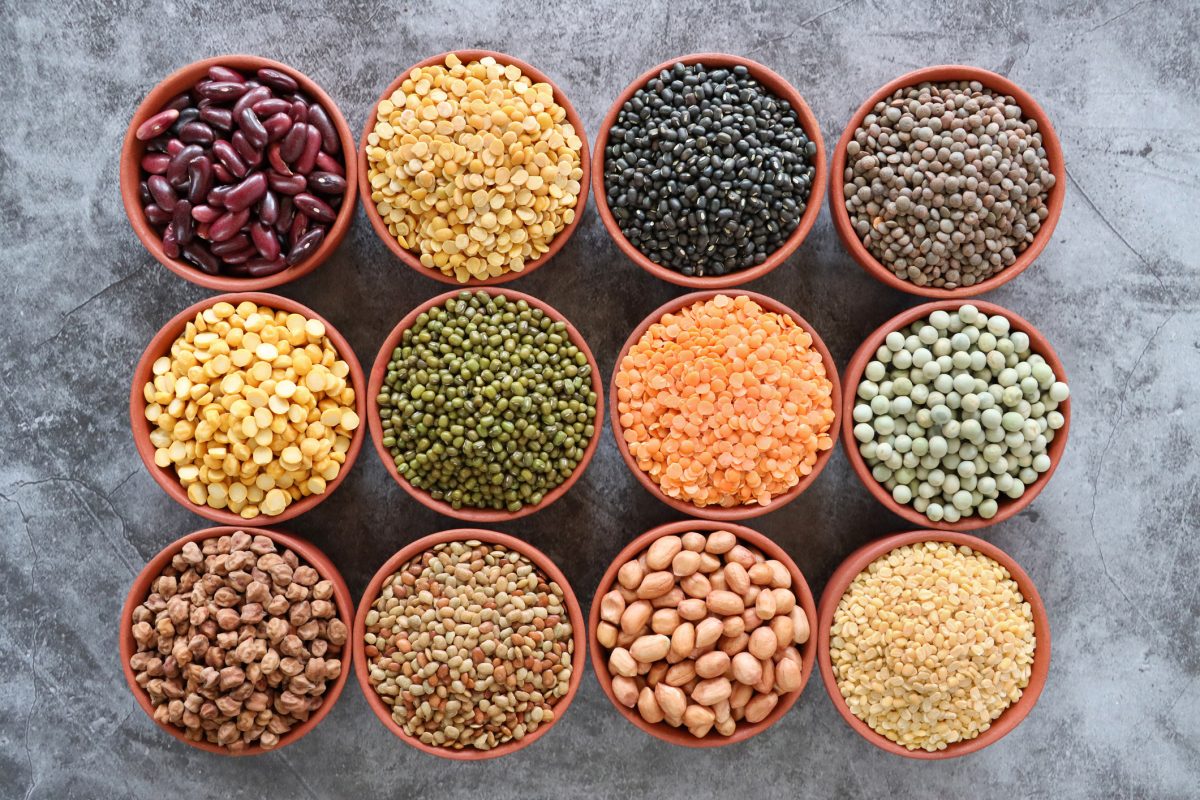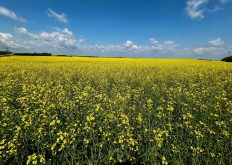(Resource News International) — Maltsters will have to adjust accordingly this year as the quality of malting barley suffers due to tight
global barley supply, according to Trent Rude, merchandising manager for malting barley, oats and rye for Viterra.
The global barley supply tightened this year due to poor
production and quality concerns, particularly in Australia and
Europe. While tight supply means increased prices, high prices
may also indicate lowered quality. That has been the case this
year.
“Each year is different as to what is malt quality and
Read Also

Pulse weekly: Canadian pea/lentil exports slow to start 2025/26
Canadian pea and lentil exports were down in November, with total movement of the two pulses during the 2025/26 (Aug/Jul) crop year-to-date running behind the year-ago pace, according to the latest international trade data from Statistics Canada released Jan. 29
produced for quality and then adjust their specifications to
make sure they can secure the best of the quantity that they
require,” Rude explained.
“The amount of barley that is going to be needed from
Canadian production is greater this year due to production
problems in barley from other producing nations such as
Australia and Europe.”
Asked if the quality of barley graded as malt was
lowered this year to meet demand, Rude replied that it had
been.
However, Joe Wang, coarse grain analyst with the market
not think the quality of malting barley decreased this year. He described it as normal for the most part. He added that the final assessment of the impact of weather condition on crop quality is still underway.
According to Wang, for 2007-08, roughly 17 per cent of
Canadian production, or two million tonnes, is expected
to be malting barley. Of that, half
is expected to be exported while the other half is expected to
be processed domestically.
Wang agreed, however, that given the tight global supply of barley, the amount Canada is able to export is expected to increase.
“World supply of barley is going to be tighter than
expected and there is a possibility that we will be able to
export more barley depending on the situation in Europe and
Australia.”














